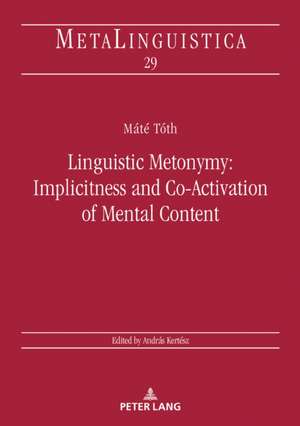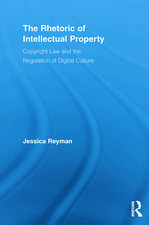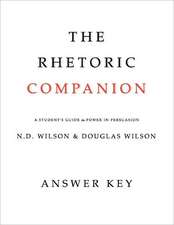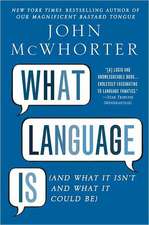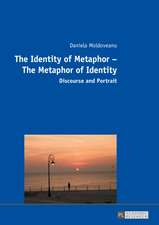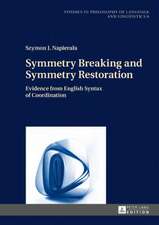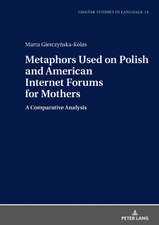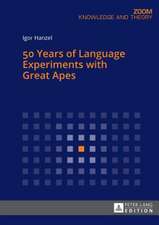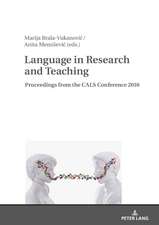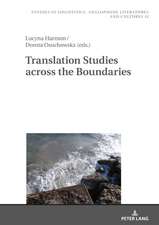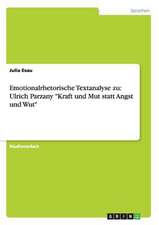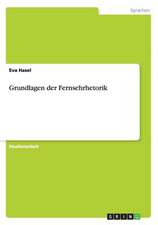Linguistic Metonymy: Implicitness and Co-Activation of Mental Content: Metalinguistica
Autor Mate Tothen Limba Engleză Hardback – 18 noi 2018
Preț: 473.56 lei
Preț vechi: 615.02 lei
-23% Nou
Puncte Express: 710
Preț estimativ în valută:
90.62€ • 96.90$ • 75.55£
90.62€ • 96.90$ • 75.55£
Carte tipărită la comandă
Livrare economică 17 aprilie-01 mai
Preluare comenzi: 021 569.72.76
Specificații
ISBN-13: 9783631732526
ISBN-10: 363173252X
Pagini: 246
Dimensiuni: 148 x 210 x 23 mm
Greutate: 0.48 kg
Editura: Peter Lang Copyright AG
Seria Metalinguistica
ISBN-10: 363173252X
Pagini: 246
Dimensiuni: 148 x 210 x 23 mm
Greutate: 0.48 kg
Editura: Peter Lang Copyright AG
Seria Metalinguistica
Notă biografică
Máté Tóth studied English and German. He received his PhD in theoretical linguistics. Currently, he is a junior lecturer at the Department of German Linguistics at the University of Debrecen (Hungary). His research interests include metonymy, metaphor, and their role in meaning construction.
Cuprins
Metonymy in cognitive linguistics - Linguistic and conceptual metonymy - Metonymy and reference - Implicit co-activation of mental content - Metonymy, metaphor, zone activation - A content-based typology of metonymies - Cross-linguistic and corpus study of metonymy - Metonymic synaesthesia
Descriere
The book defines linguistic metonymy as the implicit co-activation of source, target, and the relation between them. Furthermore, it proposes a typology of metonymies based on the mental contents they involve. These results may prevent the category of metonymy from becoming unlimited and enhance its empirical study.
